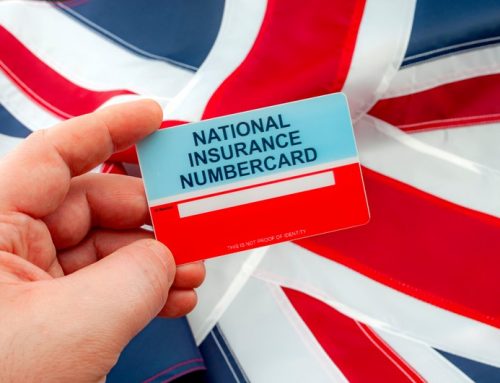National Insurance credits can help qualifying applicants fill gaps in their National Insurance record. This can assist taxpayers to build up the number of qualifying years of National Insurance contributions which can increase the amount of benefits a person is entitled to, such as the State Pension.
National Insurance credits are available in certain situations where people are not working and, therefore, not paying National Insurance credit. For example, credits may be available to those looking for work, who are ill, disabled or on sick pay, on maternity, paternity or adoption leave, caring for someone or on jury service.
Depending on the circumstances, National Insurance credits may be applied automatically or an application for credits may be required. There are two types of National Insurance credits available, either Class 1 or Class 3. Class 3 credits count towards the State Pension and certain bereavement benefits whilst Class 1 covers these as well as other benefits such as Jobseeker’s Allowance.
There are usually no National Insurance credits available to the self-employed that need to pay Class 2 National Insurance or for older married women who chose to pay a reduced rate of National Insurance (pre-April 1977).





